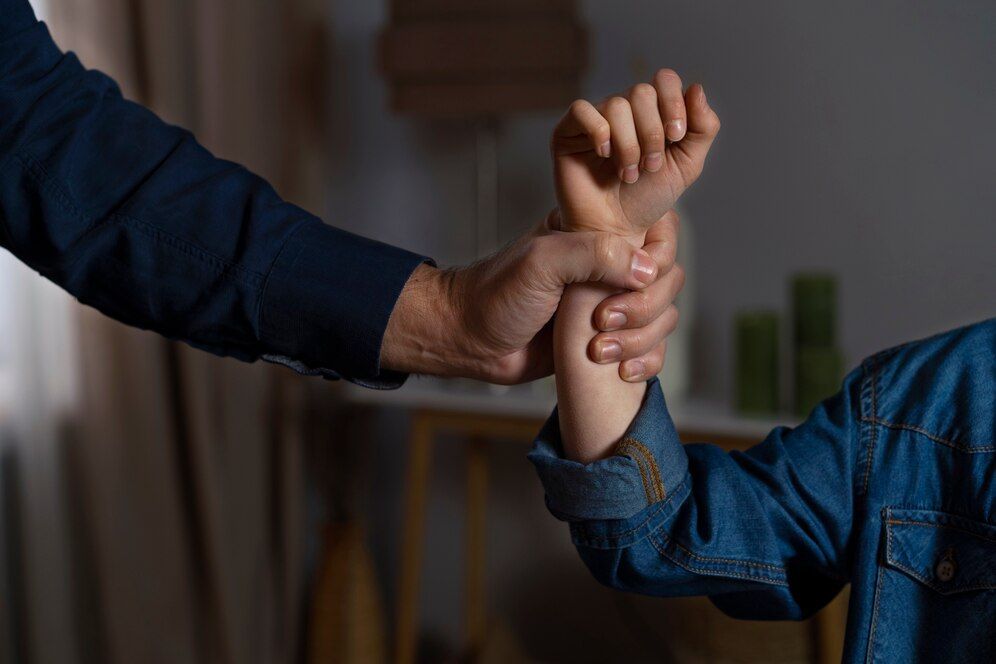How are Children’s Views Considered in Parenting Disputes?
In negotiating parenting matters, it can be easy to put forward possible arrangements based on what a parent asserts the child believes is best for them. However, the Court’s duty in these matters is to make decisions in the best interest of the child not solely based on that child’s views or wishes.

The Pathway
In determining what living arrangements are in the best interest of the child, there are a number of primary and additional considerations the Court may consider. Of these primary considerations, the Court must have regard to:
– the benefit to the child of having a meaningful relationship with both of the child’s parents; and
– the need to protect the child from physical or psychological harm from being subjected to, or exposed to, abuse, neglect or family violence.
It is not until the additional considerations that the Court may regard the views of the child themselves. Notably, Section 60CC allows for the “wishes” of the child to be taken into account regarding who they wish to live with and how often they wish to see each parent. These views may be considered regardless of the child’s age.
Independent Children’s Lawyer?
To accurately and objectively hear these wishes, the Court may appoint an Independent Children’s Lawyer. Section 68L of the Family Law Act 1975 permits the appointment of an ICL to represent the child’s best interests independent of the other parties. They are merely a voice for the child in the proceedings, not the child’s representative acting on instructions.
Reports and Conferences?
The Court may also order the parties attend a Child Inclusive Conference, along with a court appointed officer, other relevant care givers, and the child or children subject to the proceedings.
The Court may order that a “Wishes Report” be conducted. This is conducted by a psychologist or child specialist who more or less writes up a psycho-social assessment of a child based on interviews. This report is intended to present the child’s views and experiences, including observations and analysis of the child’s view and behaviour in the context of the relevant parenting matters.
Section 11F of the Family Law Act 1975 enables the Court to order interviews of the parties by a Family Consultant, sometimes with the child or children in question. This then forms the basis of a report of their observations and findings.
Conclusion? Children’s Wishes are not Binding
It should be noted that none of these reports or processes are binding on the Court. They are merely supplementary material that the Court may use in reaching any determination.
As the wishes of a child are only additional considerations, the Court is not bound by the views of a child whatsoever – no matter how strongly expressed that view is. As the High Court said in the case of Bondelmonte & Bondelmonte [2017] HCA 8:
“The focus placed by the father upon the prescribed consideration stated in s 60CC(3)(a) tended to elevate the views expressed by a child to something approaching a decisive status. In some cases, it may be right, in the exercise of a primary judge’s discretion, to accord the views expressed by a child such weight, but s 60CC(3)(a) does not require that course to be taken. They are but one consideration of a number to be taken into account in the overall assessment of a child’s best interests”.
Want to know more? Contact our team of specialist family lawyers – www.thenortonlawgroup.com.au or 02 9560 6811






